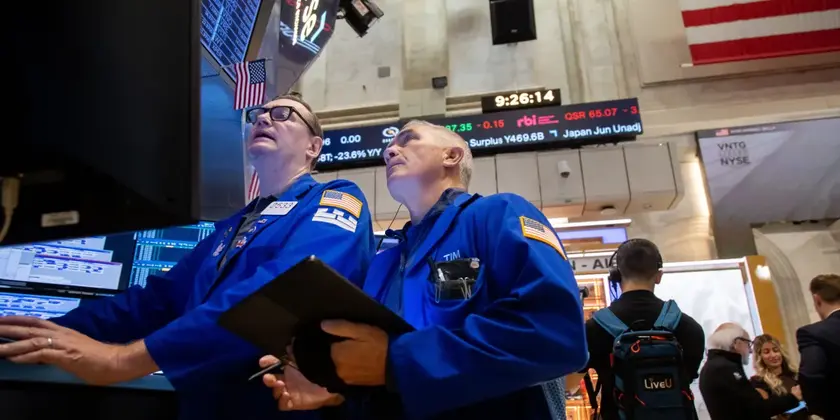T4K3.news
Consumer sentiment dampens as tariffs bite
August sentiment slides while inflation expectations drift higher, signaling policy risk ahead.

An editorial look at how tariffs and inflation data shape consumer mood and policy signals in August.
Consumer sentiment worsened in August amid sweeping new tariffs
August consumer sentiment fell after a brief uptick, according to the University of Michigan survey. Respondents expect inflation to rise to about 4.9% in the year ahead, up from 4.5%, a signal that tariff policy is shaping expectations even as current inflation cooled. The report notes tariffs on nearly 70 countries are a likely pressure on prices in the months ahead, even as an earlier inflation reading suggested cooler price gains in the near term.
Growth slowed in the first half of 2025 and the labor market cooled, the data show. The Federal Reserve left rates unchanged in July and cautioned that tariffs could push up prices and weigh on activity, depending on their final level. In a separate political development, Erika McEntarfer was fired as BLS commissioner, prompting criticism from former officials about data independence. Despite these headwinds, consumer spending rose modestly and corporate earnings remained solid, illustrating a mixed path for the economy.
Key Takeaways
"It has been the honor of my life to serve as Commissioner of BLS alongside the many dedicated civil servants tasked with measuring a vast and dynamic economy."
McEntarfer's farewell after her firing
"The totally groundless firing of Dr. Erika McEntarfer, my successor as Commissioner of Labor Statistics at BLS, sets a dangerous precedent and undermines the statistical mission of the Bureau."
William Beach criticizing the firing
"Tariffs would likely push up prices and weigh on economic activity over the course of this year."
Powell's remarks on tariffs
Tariffs act as a tax on everyday goods and a signal about policy risk. The August data show that when policy changes are announced, consumer confidence can slip faster than prices rise. The firing of a senior statistics official feeds worries about data integrity at a moment when the economy needs clear signals.
The economy shows pockets of resilience, with spending and earnings staying steady, but the path ahead depends on inflation and how quickly tariff effects take hold. The central bank faces a balancing act between keeping prices in check and supporting growth, while political moves add noise to the forecasting picture.
Highlights
- Tariffs heighten price fears even when inflation cools
- Data politics erodes trust in the figures that guide policy
- Prices rise and confidence slips
- Uncertainty could slow spending more than tariffs alone
Economic policy risk from tariff measures and data governance
Tariffs and a controversial BLS leadership move introduce political and data credibility risks. Public reaction and budget implications could follow as prices drift higher and growth slows.
The coming months will test how policy choices influence inflation and growth without triggering a sharper downturn.
Enjoyed this? Let your friends know!
Related News

Crocs faces sales dip amid tariffs and fashion shift
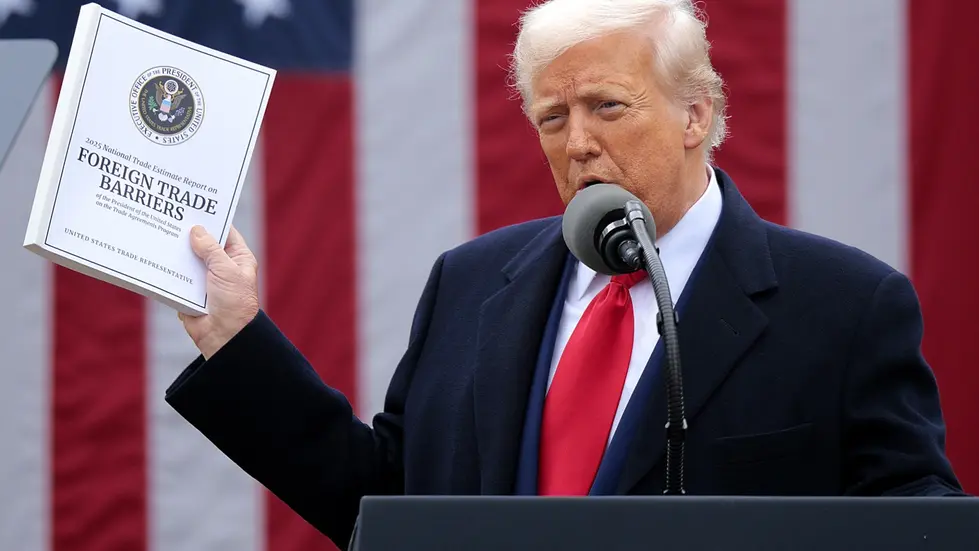
Stocks hit record highs despite tariff threats

Markets shift as Berkshire stake and retail data move prices
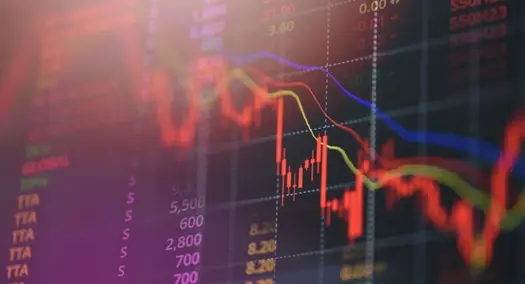
Stock Market Suffers Drop After Weak Jobs Report

FTSE 100 hits new high on tariff cues
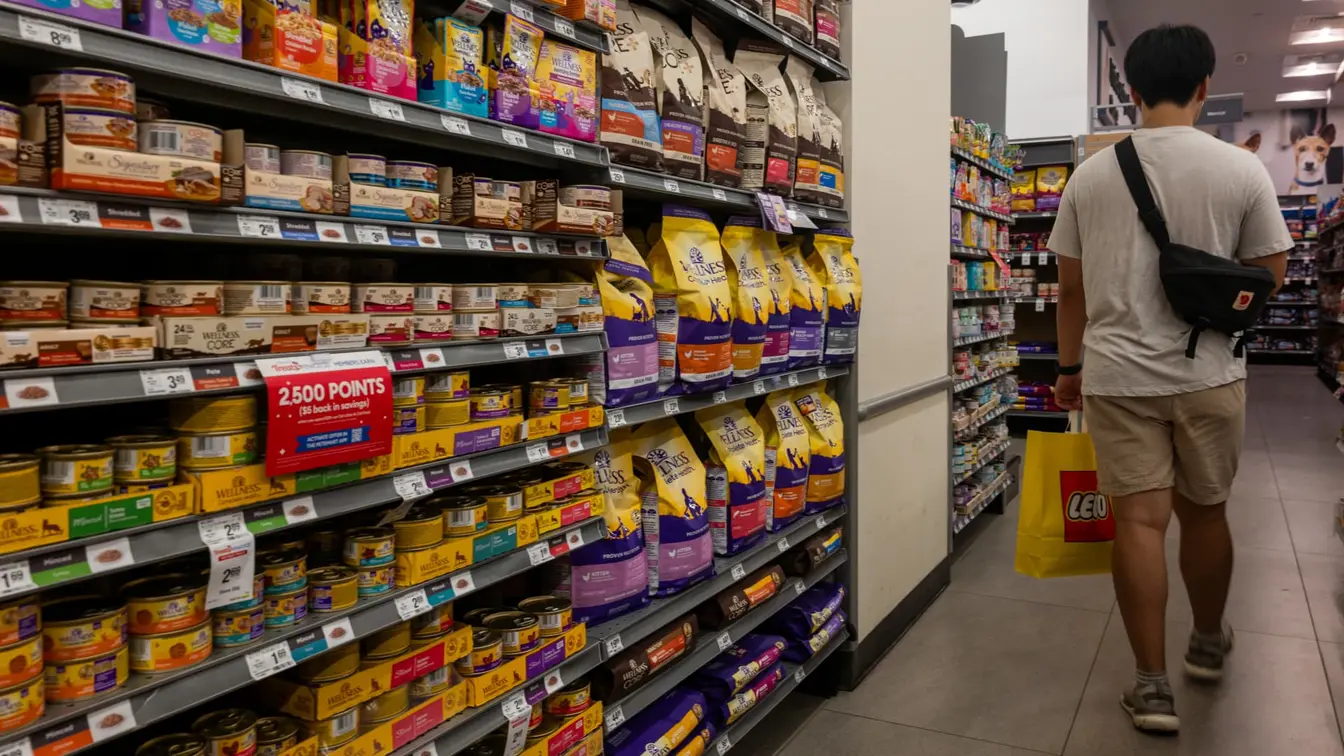
Tariffs Push Inflation Higher
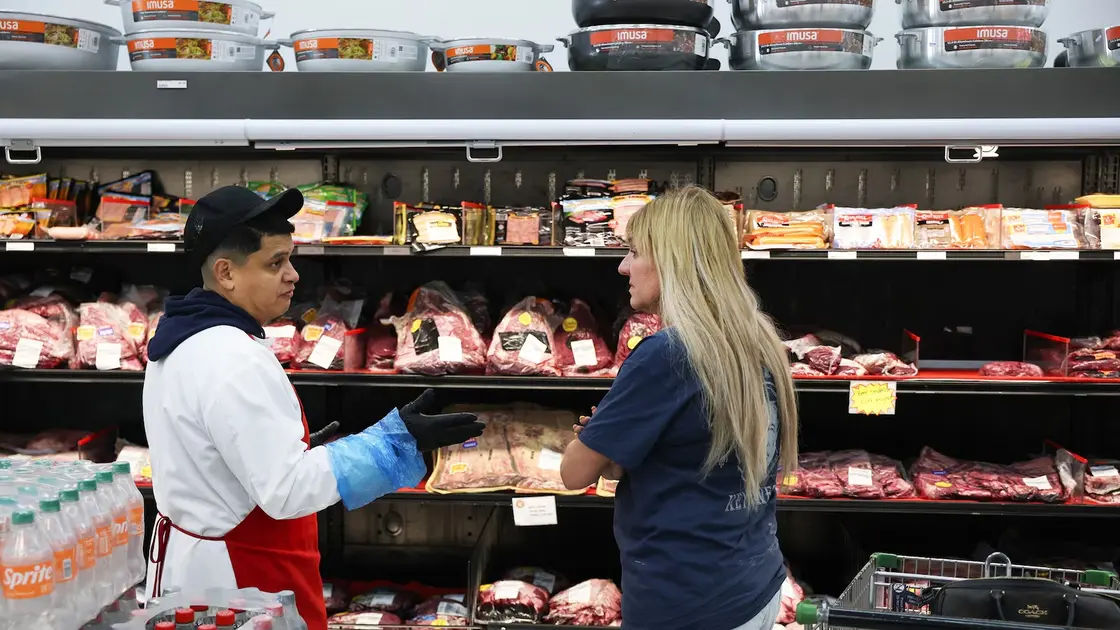
U.S. economy expected to grow amid tariff uncertainties

Consumers' inflation fears decline, survey shows
